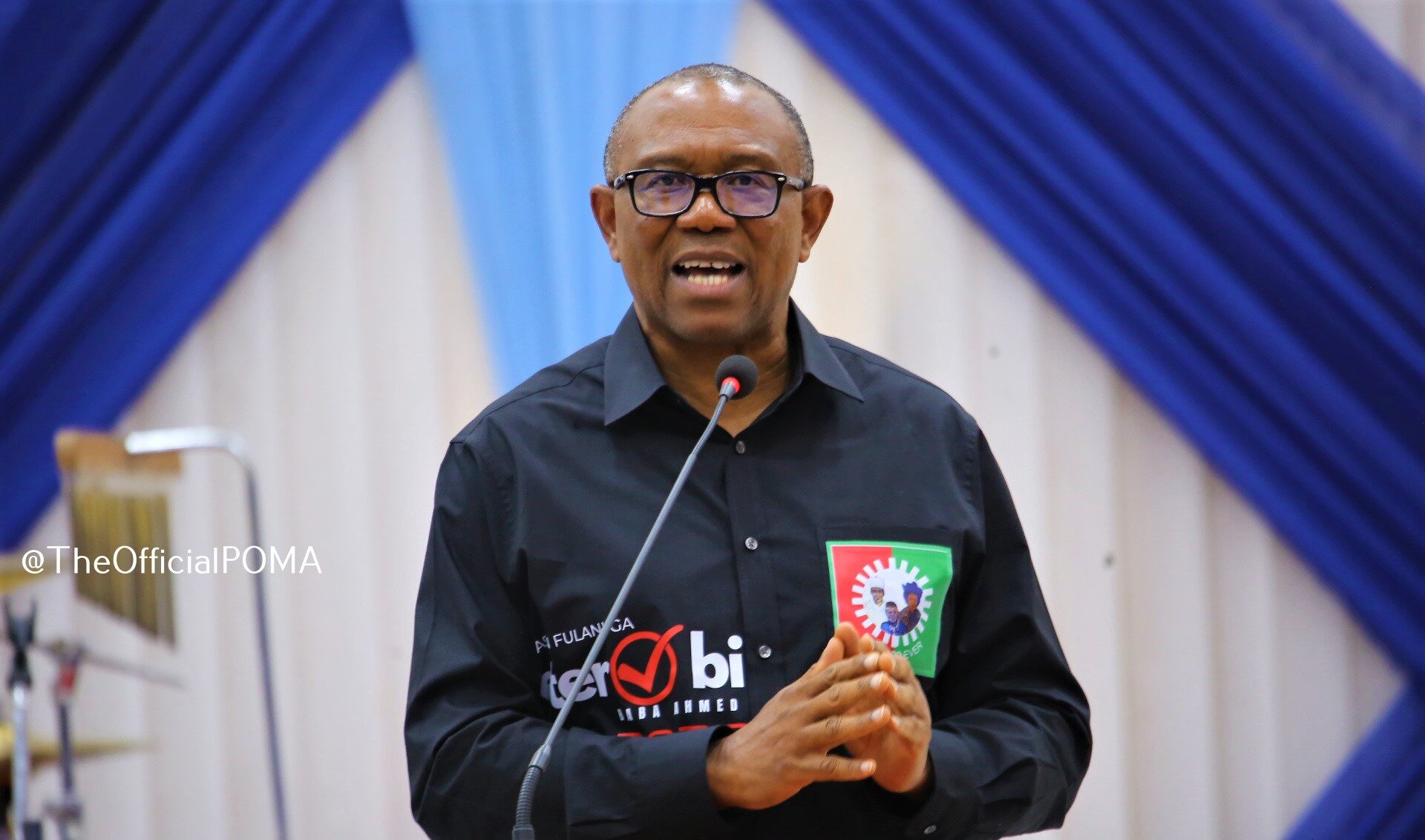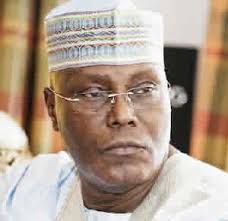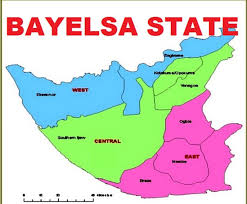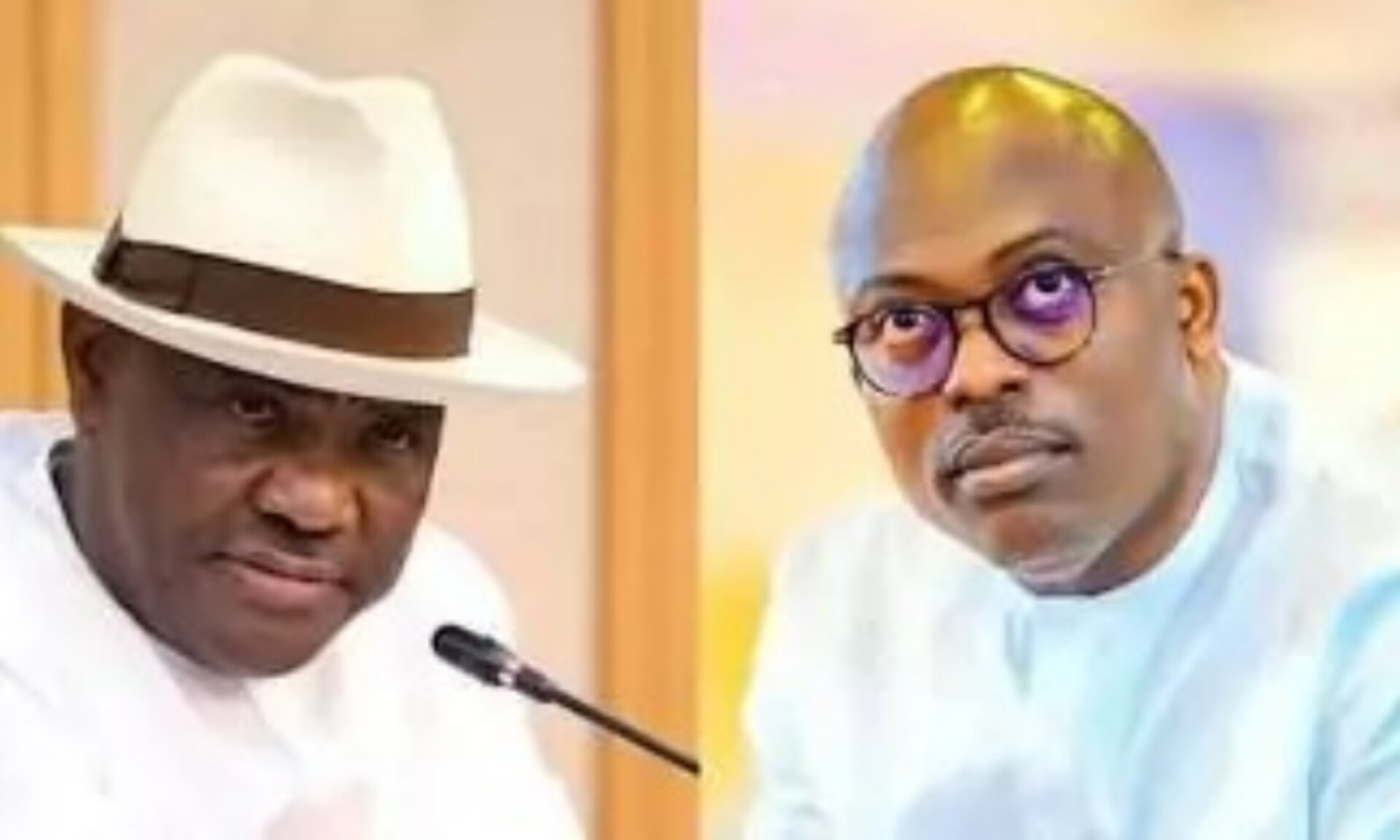By Ehichioya Ezomon
Thursday, June 22, wasn’t a good day for opposition presidential candidate in the 2023 General Election, Peter Obi. Misjudging Nigerians’ mood under a rash of harsh economic policies by the 28-day-old administration of President Bola Tinubu, Obi tweeted his usual.
Lacking or ungrasping the relevant information – unexpected of someone of his public standing – Obi uncautionably dabbled in the ruckus over 114% increase in remuneration for political, public and judicial officers.
Thus, the former Anambra State governor inserted himself as the message, and became the butt of critics, who labelled him a “desperate opportunist” baying for crisis to avenge his defeat in the February 25 presidential poll.
A Tinubu critic pre and post-the election, Obi literally accused the President of approving pay raise for himself and officials of his administration that’ll be one month on June 29.
“I learnt, with great reservation, the approval of a 114% increase in the salaries of elected politicians, including the president, vice president, governors, lawmakers, as well as judicial and public office holders by the Revenue Mobilisation, Allocation and Fiscal Commission (RMAFC),” Obi tweeted unguardedly on June 22.
“This is not the appropriate time for such salary increment, if it is at all necessary,” he said, and urged its immediate reversal.
“We are living in a time when an average Nigerian is struggling with many harsh economic realities, and with over 130 million Nigerians now living in poverty,” Obi said.
“This is a moment when recent reform measures by the government have increased living costs astronomically. The sacrifice, at this time in our nation, should be borne by the leaders.
“The increment should be reversed immediately, and the savings should be devoted to fixing education, healthcare and poverty alleviation, especially in the remote rural areas.”
And quoting from Shakespeare’s, he urged that average Nigerians be the first to benefit, to mitigate the effects of “Tinubunomics.”
“In the immortal words of Shakespeare’s Julius Ceaser, ‘What touches us ourself shall be last served,'” Obi said, adding, “The leaders, therefore, should prioritise what affects the masses and those on the lower strata of society over themselves.”
Obi got right the optic of the consequential effects of the economic policies the Tinubu government has unleashed on long-suffering Nigerians.
Still, Obi goofed by helping to amplify what’s obviously “fake news” because there’s nothing on the President’s table to approve, as the reported pay increment was a RMAFC proposal that’ll endure a marathon race round the country to become an implementable law.
The proposal needs to pass the litmus test at the Federal Executive Council (FEC), before the Executive prepares a Bill and sends to the National Assembly (NASS), which will, in turn, dispatch copies of the Bill to the 36 State Assemblies for consideration and passage, and same returned to the NASS for concurrence, before a clean copy is sent to the President for assent into law that’ll bind the three tiers of government: Federal, State and Local Government Council.
As reported by @NTANewsNow, RMAFC’s Chairman, Muhammadu Bello Shehu, on June 19 in Birni-Kebbi, Kebbi State, presented the reviewed remuneration packages to Governor Nasir Idris.
Represented by Federal Commissioner Rakiya Tanko-Ayuba Haruna, Shehu urged the 36 Houses of Assembly to hasten amendment of the relevant laws, to allow the commencement of implementation of the reviewed remuneration packages for political, public and judicial officers.
The chairman said the move was in line with provisions of Paragraph 32(d) of Part 1 of the Third Schedule of the amended 1999 Constitution of Nigeria.
He noted that the last review of remuneration was conducted in 2007, culminating in the “Certain Political, Public and Judicial Office Holders (Salaries and Allowances, Etc) (Amendment) Act 2008.”
The Act empowers the RMAFC “to determine the remuneration appropriate for political office-holders, including the President, Vice President, Governors, Deputy Governors, Ministers, Commissioners, Special Advisers, Legislators and holders of the offices mentioned in Sections 84 and 124 of the Constitution,” Shehu said.
“Sixteen years after the last review, it is imperative that the remuneration packages for the categories of the office holders mentioned in relevant sections (84 and 124) of the 1999 Constitution should be reviewed,” Shehu said.
He recalled that on February 1, 2023, RMAFC held a simultaneous one-day public hearing on the review of the remuneration packages in the six geo-political zones of the country.
“The aim of the exercise was to harvest inputs/ideas from a broad spectrum of stakeholders,” Shehu said, adding that RMAFC had objectively and subjectively reviewed the salary packages in the reports, and the commission “adheres to the rules of equity and fairness, risk and responsibilities, national order and precedence.”
The remuneration reports have sparked outrage across Nigeria, with the angst directed at President Tinubu, who’s been preaching sacrifices to Nigerians facing the effects of removal of subsidies from petrol, electricity, tuition and floating of the Naira.
Still, there’s nothing in the RMAFC reports to suggest – even remotely – that the Presidency had approved higher remuneration for political, public and judicial officers.
But Obi jumped into the fray, and earned rebuttals from RMAFC and the Presidency, and criticism and labelling from Nigerians and civil society organisations (CSOs), who, otherwise, are sympathic to his legal battle to “retrieve” his “stolen mandate” at the February 25 poll.
RMAFC’s spokesperson, Christian Nwachukwu, said the proposed salary increment hadn’t been approved.
“No approval yet. There is no approval yet,” Mr Nwachukwu told Leadership Newspaper on June 21. “I don’t know the source of that story. Everything is under the process. It has to come as a Bill for Mr President to assent,” he added.
Presidential spokesman, Dele Alake, said the Presidency, like most Nigerians, followed, with consternation, the viral story of the purported 114% increase in the salaries of political, public and judicial officers.
In a statement on June 22, Mr Alake’s unequivocal that President Tinubu hadn’t approved any salary increase, “and no such proposal has been brought before him for consideration.
Affirming the constitutional remit of RMAFC to propose and fix salaries and allowances of office-holders, Alake said “such can’t come into effect until it’s been considered and approved by the President.”
He noted that the prominence the “unfounded story” gained on social media, and in the mainstream media, has reinforced “the danger fake news poses to society and our national well-being.”
His words: “The misinformation was, obviously, contrived to create ill-will for the new administration, slow down the upward momentum and massive goodwill the Tinubu-led administration is currently enjoying among Nigerians as a result of its fast paced, dynamic and progressive policies.
“It is important to reiterate to journalists, media managers, and members of the public that stories on government activities and policy issues that do not emanate from approved official communication channels should be ignored.
“Media practitioners are enjoined to, at all times, cross-check their stories to ensure accurate reportage, which is the hallmark of responsible journalism.”
However, some CSOs weren’t as circumspect, accusing Obi of being a “desperate opportunist” for amplifying fake reports on salary increment, and intent on inciting the public against the government.
Safe Neighbourhoods Movement described Obi as “a sore loser and an undemocratic actor incapable of moving past an election he lost and joining efforts to reform and rebuild the country,” reports The Podium Reporters on June 22.
“It is unfortunate that the presidential candidate of a country is peddling fake news. No approval has been given to increase salaries of public officers and none is imminent.
“The RMAFC, with the constitutional mandate to facilitate such a review, requires the approval of the National Assembly and State Assemblies in all 36 states of the country, if it is to succeed. It is not something the president simply decrees.”
The movement noted that, “it is either these facts are available to Mr Obi and he chose to disregard them in service of his partisan agenda or he is unaware of them, further indicating himself as an ignorant political operative unprepared for the country’s leadership.
“Either way, his action has shown that Nigerians were right to reject him at the polls,” it added.
Another CSO urged Obi to tame his “attention-seeking antics and desperate opportunism,” as they aren’t in the interest of the nation’s wellbeing.
“Government opposition cannot be done through fake news and unpatriotic incitement. Is Obi willing to bring an end to Nigeria just because his ‘religious war’ failed? Something must be done to checkmate him,” the group said.
In these trying times, it behoves media practitioners, and members of the public – the likes who trade patriotism for partisan interests – to heed Alake’s advice, to curb fake news and needless heating up of the polity!
Mr Ezomon, Journalist and Media Consultant, writes from Lagos, Nigeria.





